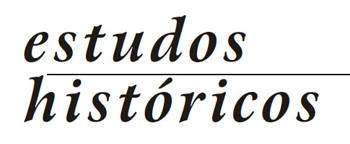Abstract
The missionary method used by Capuchin friars in Brazil in the XIXth century was based on two main assumptions: itinerancy and preaching. They preached to thousands of people, from north to south of Brazil, trying to instill guilt and urgent change in behavior before doomsday came. The second coming of Christ was announced to happen soon, and the believers should follow the lessons of the friars in order to achieve “salvation of the soul.” This article aims therefore to analyze the religious practices of the friars and the first consequences emerged among people affected by their preaching. Encouraged to practice penitential acts, people gathered in communities trying to preserve what the agents of the Gospel had taught. Adapting the speech of the missionaries, laymen created “fraternities”, dispensing with the intermediation of the State and the Church, and became suspicious to the authorities for organizing themselves outside the institutional control.
Keywords
religious mission; Italian capuchins; XIXth century; State; Church; religiousness
